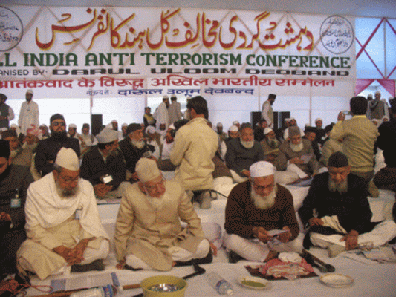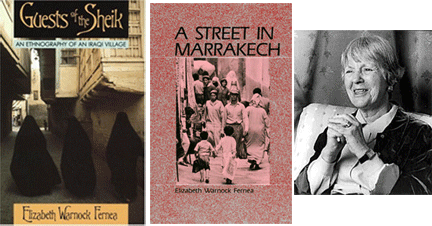
GSU Professor Resigns over “Bomb†Comments to Muslim-American Student
Atlanta, Georgia – July 1, 2009 – The Director of the Middle East Institute at Georgia State University, Dona J. Stewart, has resigned citing the university’s failure to address incidents of anti-Muslim bias.
In August 2008 a Muslim-American doctoral student, Ms. Slma Shelbayah, was repeatedly asked by a senior faculty member, Dr. Mary Stuckey, if she was ‘carrying any bombs’ underneath her Islamic headscarf, or hijab. Ms Shelbayah was also employed as a Visiting Instructor of Arabic in the Middle East Institute. She holds Bachelor and Masters degrees from Georgia State University.
Dr. Stewart’s resignation cited retaliatory actions taken by the Dean of the College of Arts and Sciences, Dr. Lauren Adamson, following Ms. Shelbayah’s request that the incidents cease. Continue reading A Stink Bomb in Georgia




